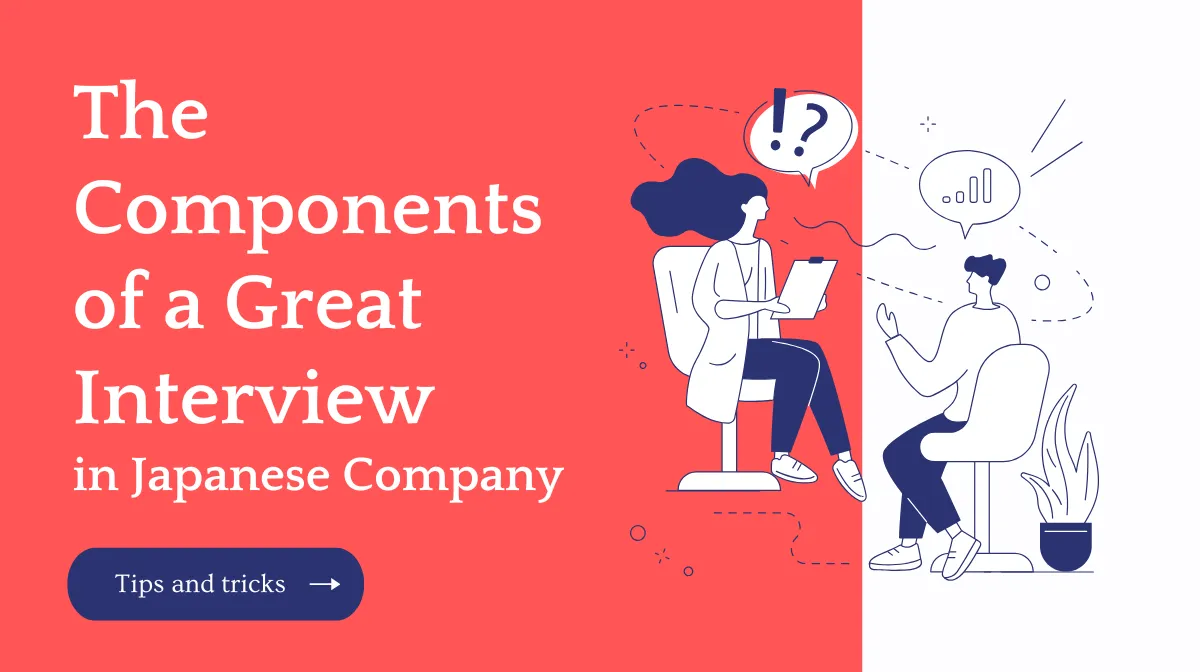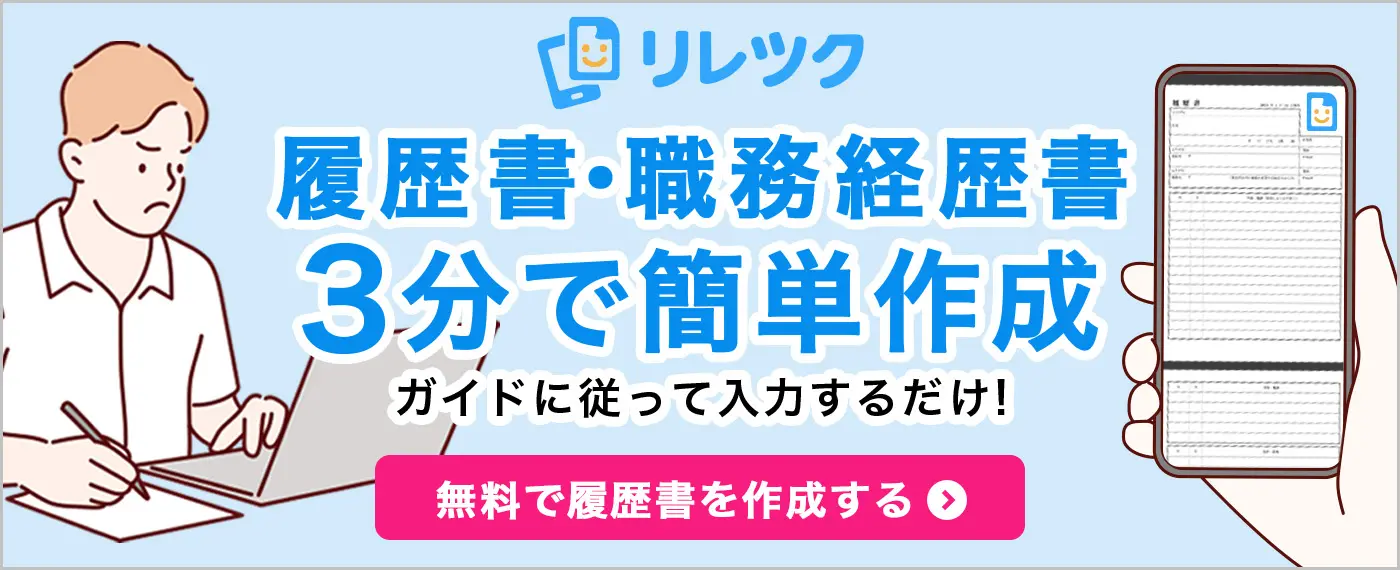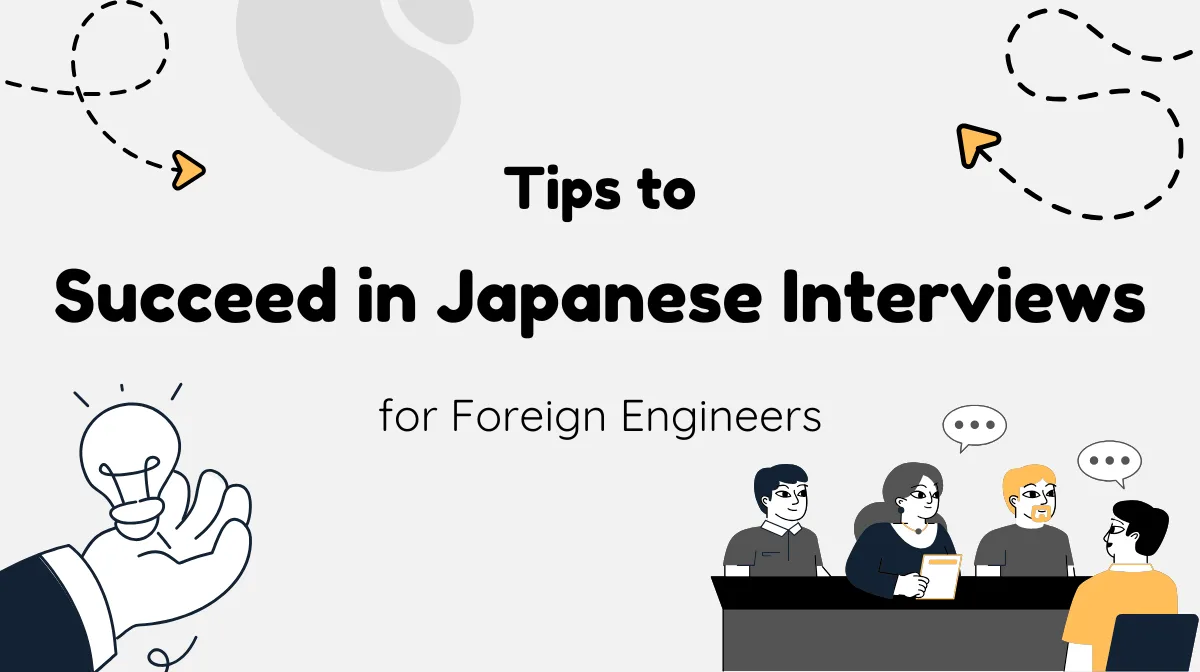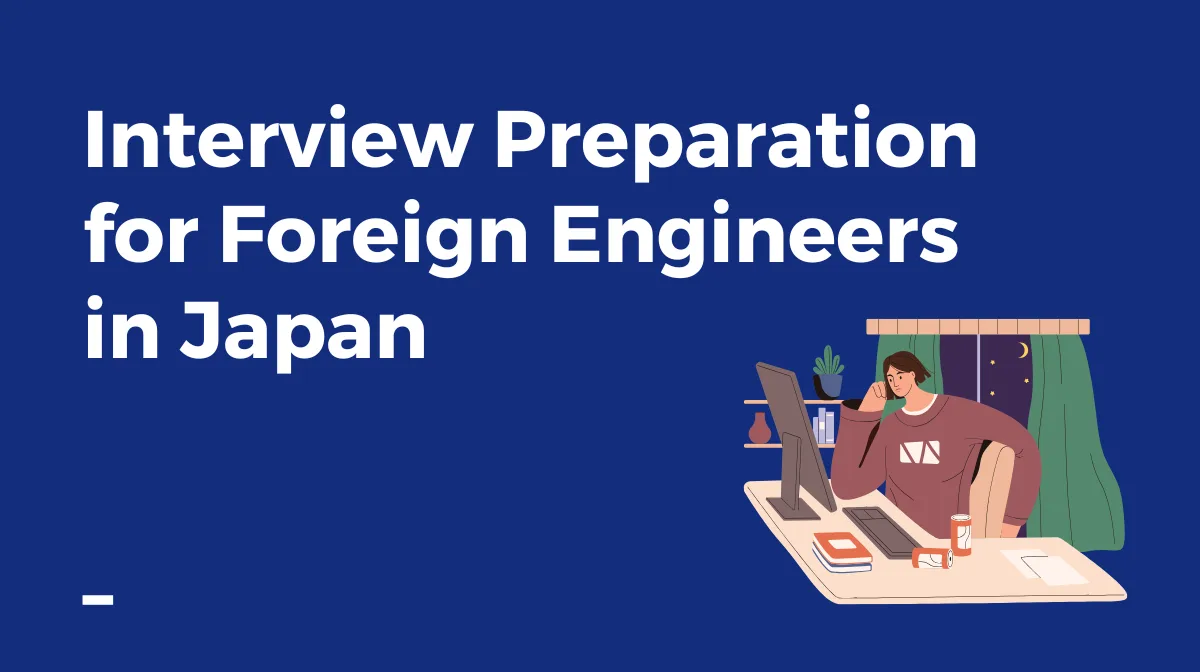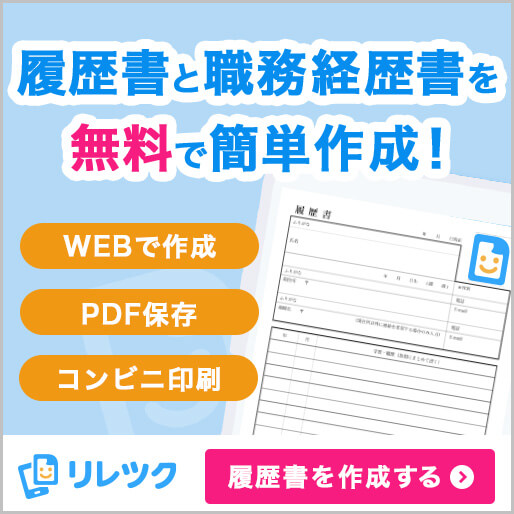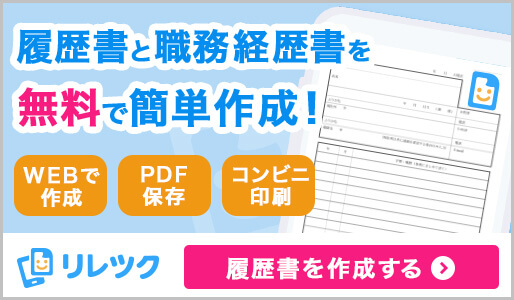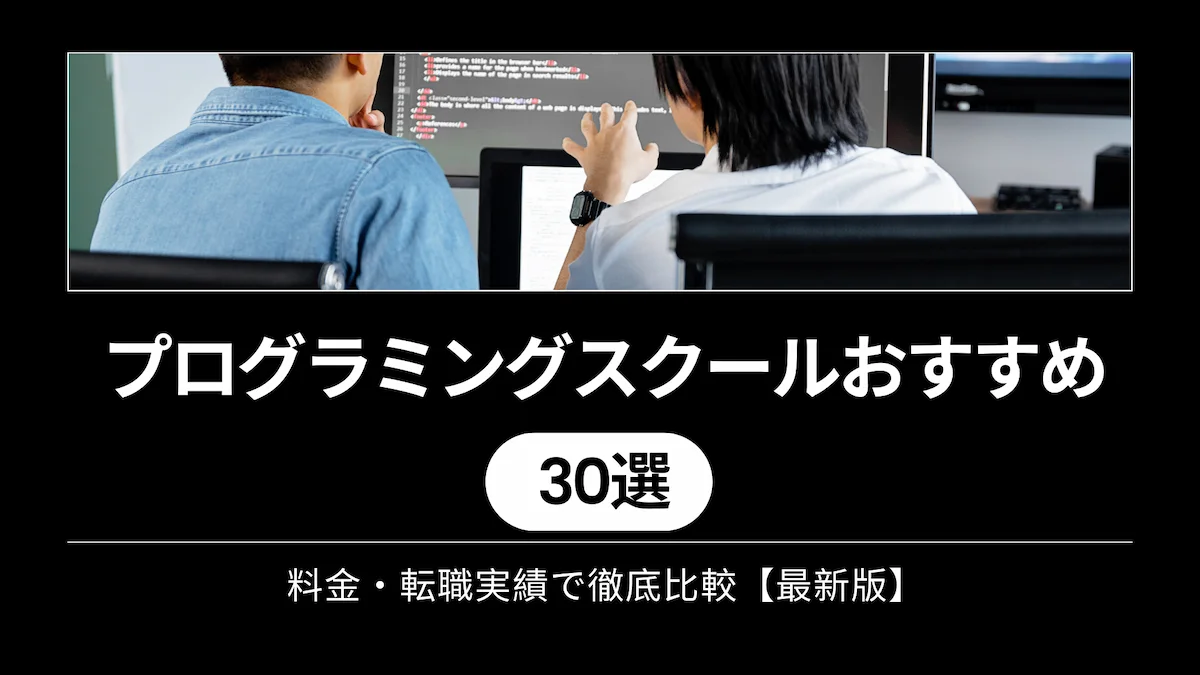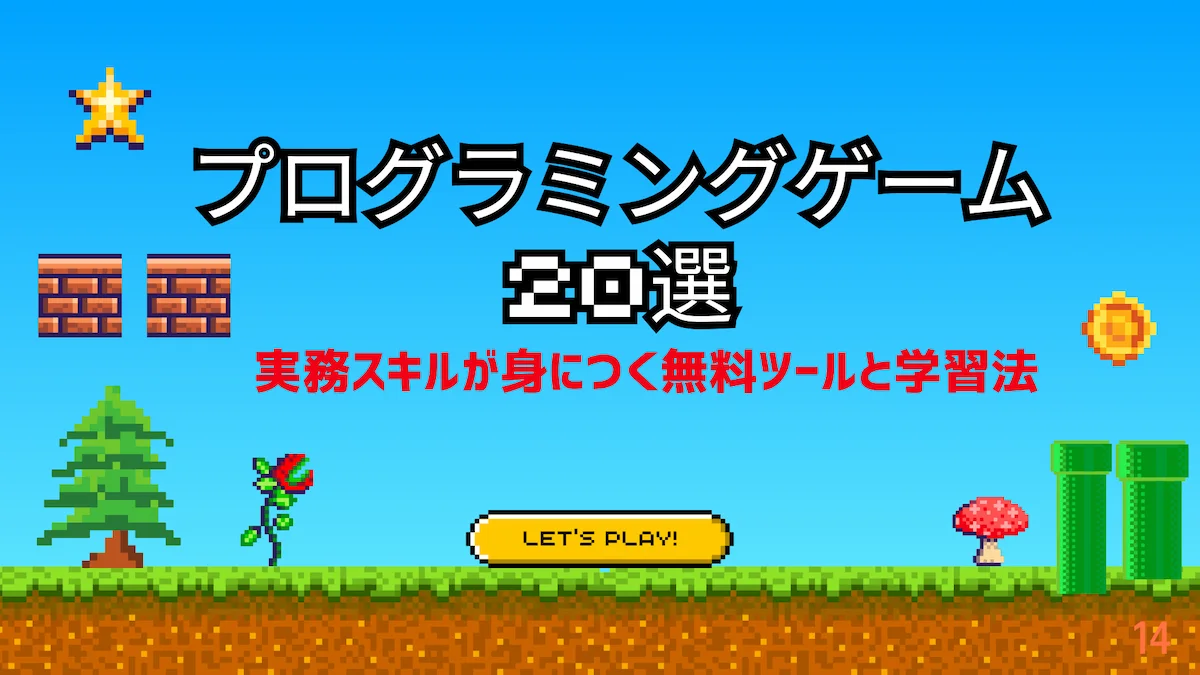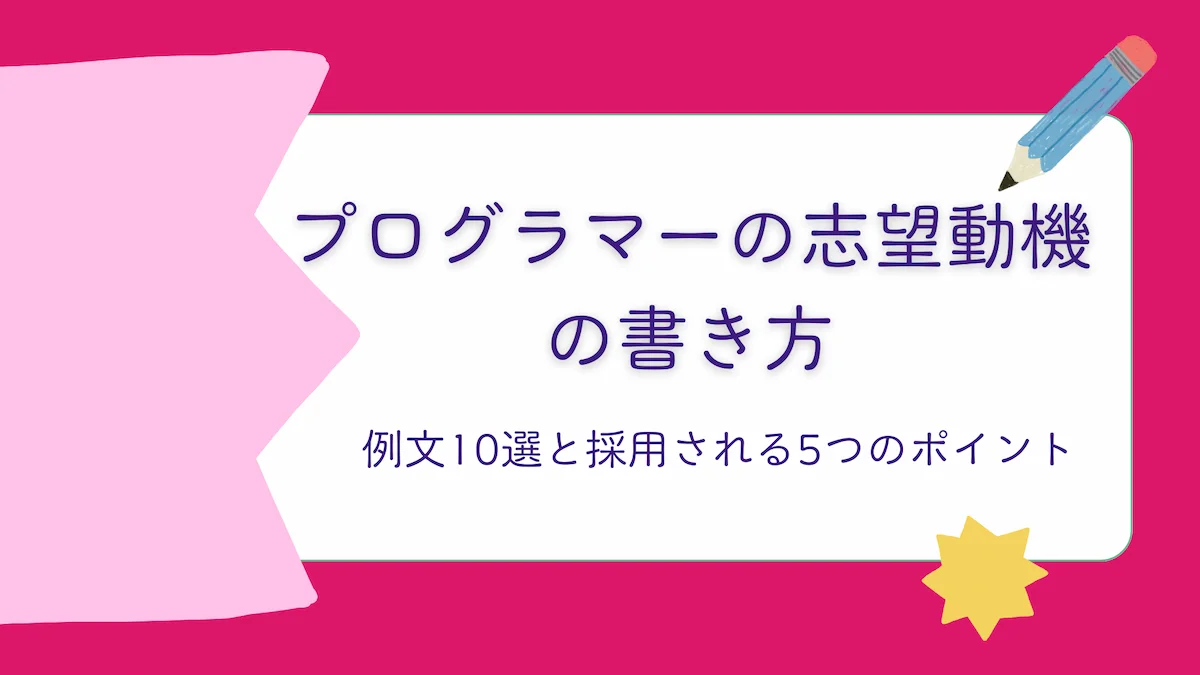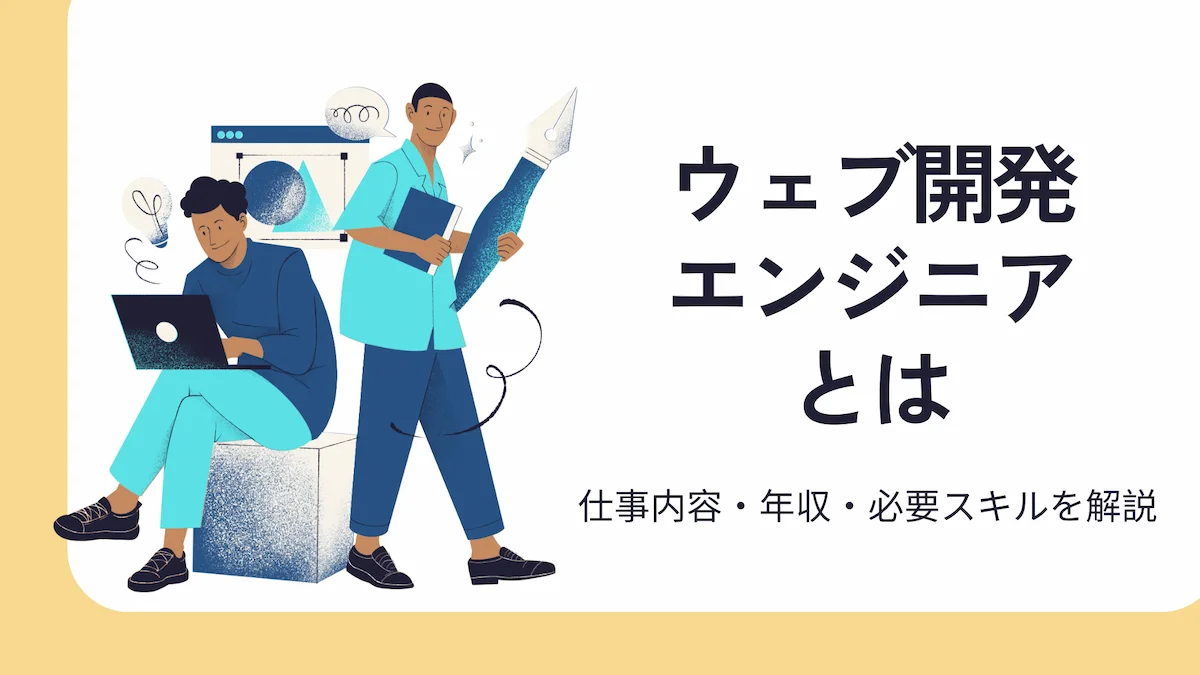Japanese company interviews have unique characteristics that differ from global companies. This comprehensive guide covers everything from preparation to follow-up, with special attention to aspects like long-term employment expectations and holistic candidate evaluation that considers both skills and personality.
- Japanese interviews value cultural fit and long-term commitment.
- Both technical skills and business etiquette matter equally.
- Follow-up etiquette is critical for success.
1. Characteristics of Japanese Company Interviews

Japanese company interviews have distinct features that set them apart from global companies. Let’s examine these characteristics to help candidates prepare effectively.
Understanding Japan’s Unique Hiring Culture
A key feature of Japanese hiring culture is its long-term perspective. With an average tenure of 12 years, which is notably long by international standards, Japanese companies focus heavily on candidates’ potential for future growth and development.
Organizational fit is highly valued, with careful evaluation of teamwork abilities, cooperative spirit, and cultural compatibility. Japanese companies assess not only skills but also personal qualities, including communication abilities, sincerity, and professional demeanor.
As a result, interviews typically last between 30 minutes to an hour, allowing for in-depth conversations to better understand the candidate’s character.
Understanding Differences from Global Company Interviews
There are significant differences in how interviews are conducted and what aspects are evaluated between Japanese and global companies.
| Aspect | Global Companies | Japanese Companies |
|---|---|---|
| Focus | Skills and experience-based questions | Dialogue focused on future potential and organizational fit |
| Evaluation | Performance-focused assessment | Comprehensive evaluation including personality and values |
| Duration | Relatively short | 30 minutes to 1 hour |
Understanding these differences is crucial. In Japanese company interviews, it’s important to provide concrete yet humble responses while clearly articulating your long-term career vision.
Additionally, prepare specific examples that demonstrate your teamwork and cooperative abilities, and show your understanding of and willingness to adapt to corporate culture.
Different Preparation Requirements
Global Companies
- Presentation of specific achievements and skills
- Efficient self-presentation
- Preparation of quantifiable results
Japanese Companies
- Detailed self-analysis and motivation
- In-depth company research and industry knowledge
- Business etiquette and manners
2. Three Essential Steps for Interview Preparation
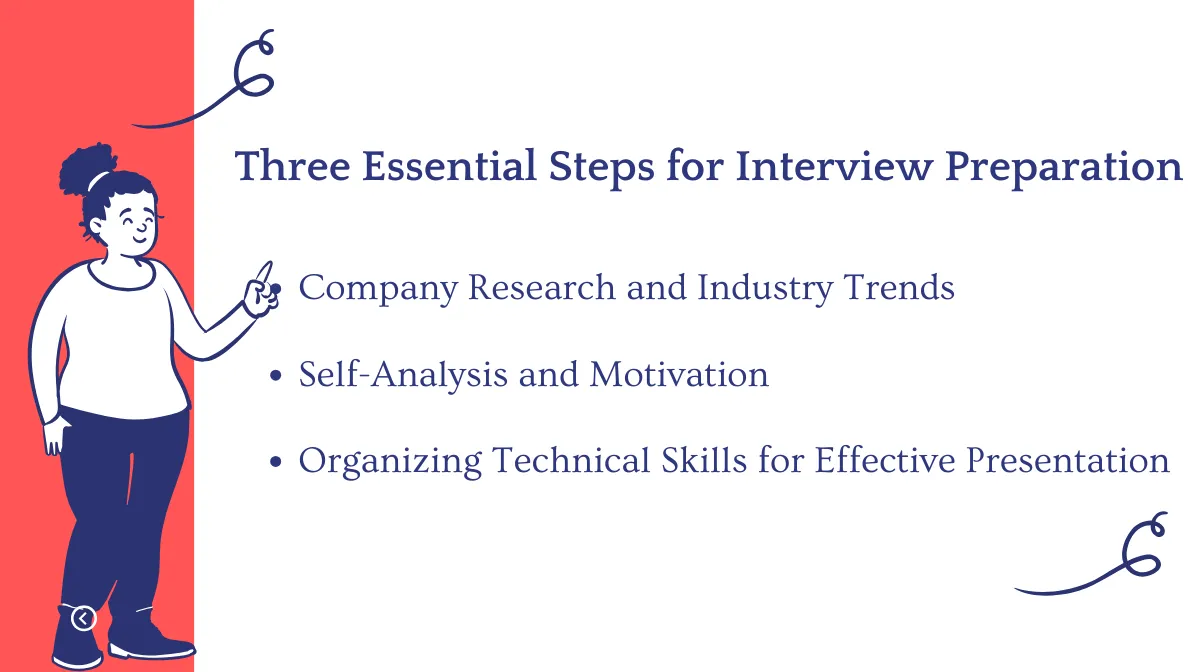
Company Research and Industry Trends
Effective company research is crucial for meaningful interview discussions.
Basic Information Collection
- Gather fundamental data: establishment year, employee count, revenue
- Understand main products/services, corporate philosophy, and vision
- Review recent press releases, news articles, and financial reports
Industry Analysis
- Understand market size and growth potential
- Compare with major competitors
- Research industry-specific challenges, prospects, and latest trends
Self-Analysis and Motivation
Creating compelling motivation requires thorough self-analysis.
Self-Analysis Checkpoints
- Review past experiences
- Academic achievements
- Work experience results
- Qualifications
- Clarify personal values
- Work priorities
- Future career vision
- Company selection criteria
When building your motivation statement, find connections between the company’s appeal and your values, and envision specific ways you can contribute.
Organizing Technical Skills for Effective Presentation
To effectively showcase technical skills, systematic organization and concrete examples are essential.
Create a skill map including
- Programming languages
- Frameworks
- Tools
- Development environments
- Certifications
For project experience, organize
- Roles and responsibilities
- Specific achievements
- Technical problem-solving examples
Additional Presentation Points
- Prepare quantifiable results
- Performance improvement rates
- Cost reduction effects
- Development time reduction
- Demonstrate approach to technical challenges
- Learning methods for new technologies
- Problem-solving approaches
■Related Reading
The following content introduces tips for creating resumes and CVs that will be useful for interviews with Japanese companies. Please use them as a reference.
■日本でエンジニアとしてキャリアアップしたい方へ
海外エンジニア転職支援サービス『 Bloomtech Career 』にご相談ください。「英語OK」「ビザサポートあり」「高年収企業」など、外国人エンジニア向けの求人を多数掲載。専任のキャリアアドバイザーが、あなたのスキル・希望に合った最適な日本企業をご紹介します。
▼簡単・無料!30秒で登録完了!まずはお気軽にご連絡ください!
Bloomtech Careerに無料相談してみる
3. Preparing for Common Interview Questions at Japanese Companies
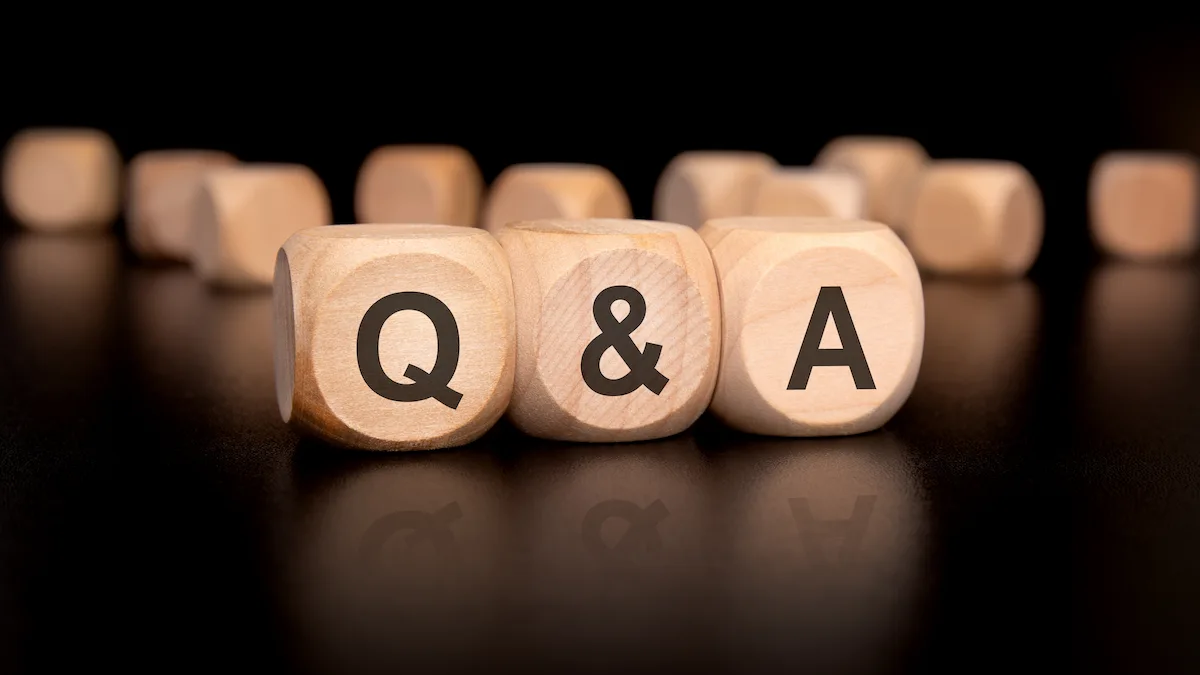
Various questions will be asked during interviews. Preparing for key questions in advance will help you respond confidently.
Here’s how to handle common questions for engineering positions:
Answering Technical Questions
Technical questions assess not only skill possession but also depth of knowledge and application ability.
Common Technical Questions
- Programming languages used
- Framework experience
- Specific project examples
- Reasons for technical choices
Questions often cover technical problem-solving methods, performance improvement achievements, and security knowledge.
Effective Response Strategy
- Connect with practical experience
- Clearly explain technical choices
- Demonstrate learning enthusiasm
- Highlight technical knowledge sharing within teams
Answering Career Vision Questions
Questions about future career plans provide crucial opportunities to demonstrate your commitment and growth potential.
When responding, outline your short-term goals for the first one to two years, including specific contribution plans, technical skills you wish to acquire, and your envisioned role within the department.
Additionally, clearly communicate your long-term vision for the next three to five years, including your desired specialization, career path, and vision for contributing to the organization.
To make your response more convincing, align your growth strategy with the company’s business development plans. It’s important to strike a balance between ambition and practicality while demonstrating the feasibility of your goals.
Answering Teamwork Questions
Japanese companies place strong emphasis on teamwork, so expect many questions about your collaborative abilities and interpersonal skills. While maintaining humility, it’s important to effectively communicate your strengths.
Prepare to discuss how you’ve handled challenging projects, with specific examples of your team role, communication methods, and problem-solving approaches.
Experience in conflict resolution is also a key topic, including how you’ve coordinated different opinions among team members, built relationships with supervisors, and negotiated with clients.
Effective Response Structure
- Situation Description
- Project overview
- Challenges faced
- Team composition
- Actions Taken
- Communication methods
- Problem-solving process
- Team considerations
- Results Achieved
- Project outcomes
- Team impact
- Personal learnings
4. Business Etiquette That Influences Interview Impressions in Japan

First impressions significantly impact hiring decisions. Understanding and practicing Japanese business etiquette can create a favorable impression.
Key Points of Japanese Greetings and Manners
Japanese interviews place high importance on detailed etiquette.
Room Entry Basics:
- Knock three times
- Say “Shitsurei itashimasu” (Excuse me)
- Bow approximately 30 degrees
Seating Basics:
- Wait for instructions before sitting
- Maintain good posture
- Place belongings on your left
During the interview:
- Maintain appropriate eye contact (focus between eyes and collarbone)
- Show active listening with proper posture
- Use appropriate facial expressions and timing of nods
Online Interview Considerations
Online interviews require different preparation and attention points.
Technical Preparation:
- Ensure stable internet connection
- Test camera and microphone
- Prepare backup devices
Environmental Preparation:
- Ensure proper lighting
- Organize background
- Secure quiet environment
Online-specific etiquette includes:
- Maintain camera eye contact
- Keep appropriate distance
- Minimize gestures
- Speak clearly at appropriate speed
- Be mindful of others’ speaking turns
Effective Communication in Japanese Interviews
Communication with interviewers requires both appropriate language and effective delivery. Use polite language while maintaining natural speech, and speak clearly with good pacing and articulation.
For successful Q&A, focus on understanding questions thoroughly and providing concise, specific examples. Listen carefully to complete questions before responding, and don’t hesitate to confirm understanding when needed.
Practice these skills through mirror work, mock interviews, and video recording. Japanese companies value communication abilities equally with technical skills, so mastering both is essential for success.
■日本でエンジニアとしてキャリアアップしたい方へ
海外エンジニア転職支援サービス『 Bloomtech Career 』にご相談ください。「英語OK」「ビザサポートあり」「高年収企業」など、外国人エンジニア向けの求人を多数掲載。専任のキャリアアドバイザーが、あなたのスキル・希望に合った最適な日本企業をご紹介します。
▼簡単・無料!30秒で登録完了!まずはお気軽にご連絡ください!
Bloomtech Careerに無料相談してみる
5. Interview Techniques for Securing Job Offers
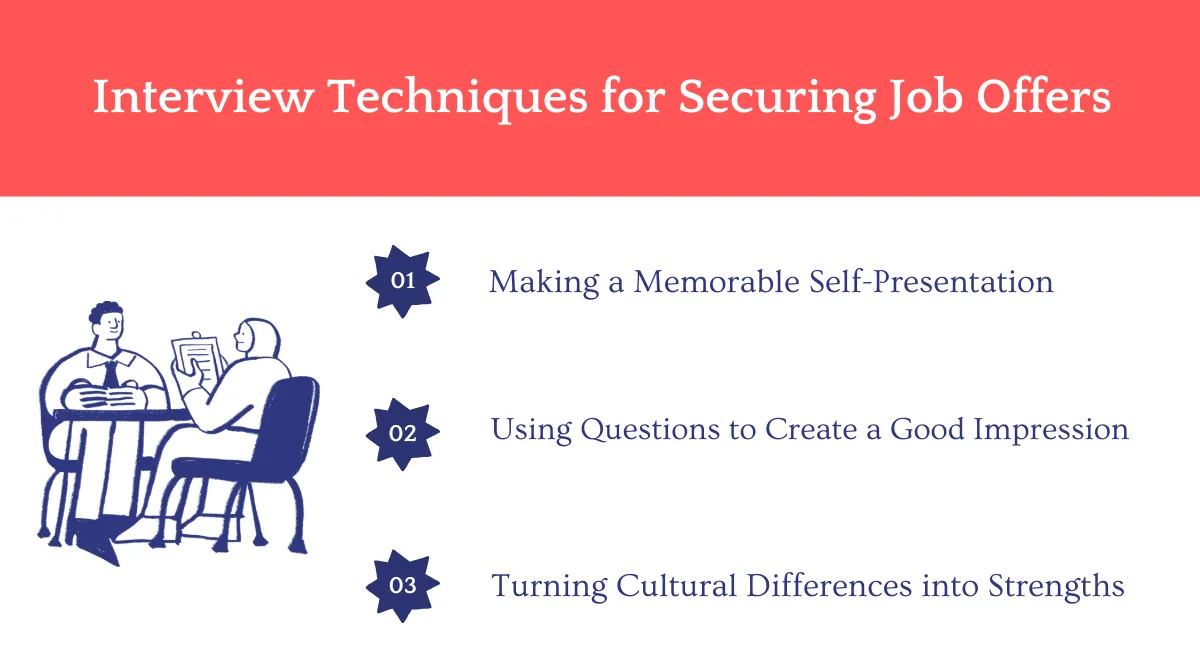
Securing a job offer requires more than just answering questions; you need to leave a lasting impression. Here are effective interview techniques:
Making a Memorable Self-Presentation
Strategic self-presentation requires concrete episodes, quantifiable achievements, story-driven explanations, and unique experiences and perspectives to effectively communicate your value to the interviewer.
The STAR method is recommended
- Situation: Explain the specific context
- Task: Present the challenge faced
- Action: Describe specific actions taken
- Result: Quantify outcomes achieved
Using Questions to Create a Good Impression
When preparing questions for the end of your interview, focus on topics such as medium to long-term strategy, technical investment direction, organizational culture, training systems, and skill development opportunities to demonstrate your enthusiasm and understanding.
Tips for Questioning
- Prioritize questions in advance
- Choose appropriate timing
- Show enthusiasm while maintaining humility
Turning Cultural Differences into Strengths
Foreign candidates can leverage their unique perspectives and experiences as advantages.
- International perspective
- Global market insights
- Cultural understanding
- Cross-cultural proposals
- Learning enthusiasm
- Global expansion insights
- Adaptability
Balance showing flexibility toward Japanese culture while emphasizing the unique value you bring to Japanese companies.
6. Post-Interview Follow-up and Job Offer Strategy
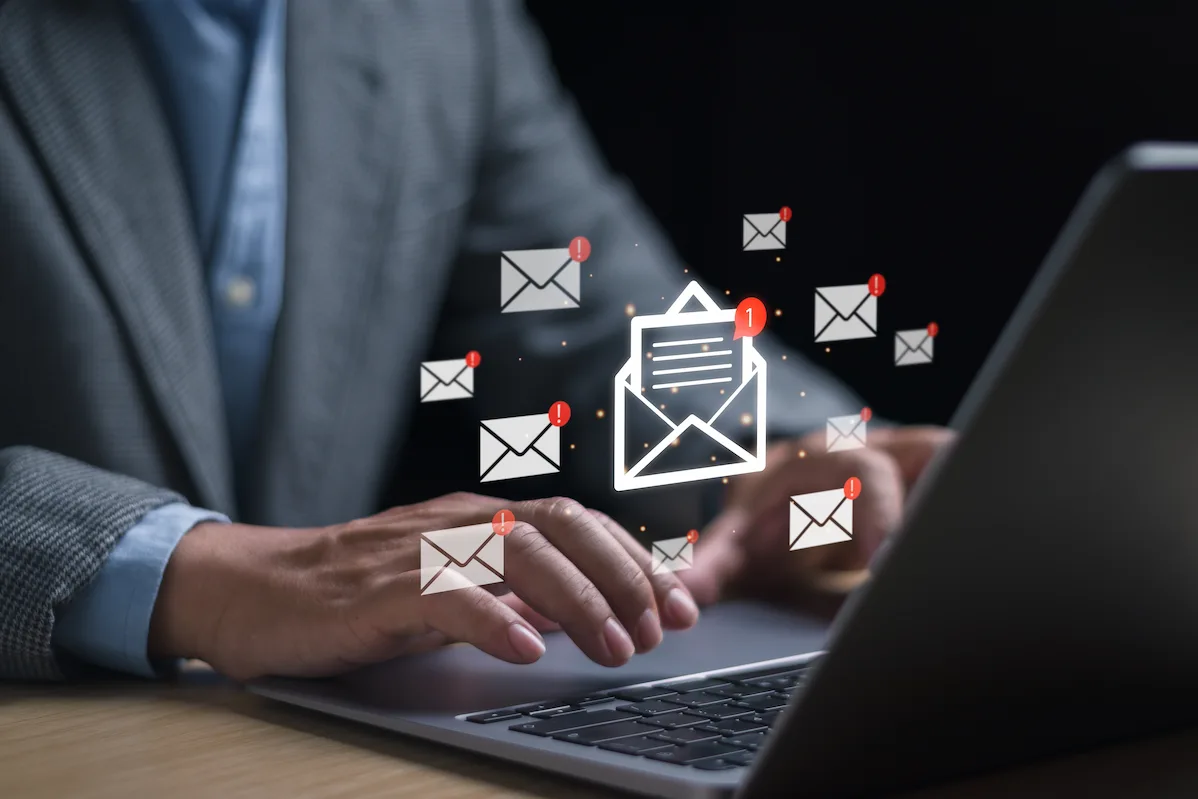
Thank-You Email Writing and Timing
Thank-you emails reinforce positive impressions and demonstrate sincerity.
Basic Thank-You Email Structure
- Express gratitude for the interview
- Reference memorable discussion points
- Reaffirm interest in joining
- Closing greeting
Timing
- Ideally send on the interview day
- Latest by next business day
- Morning interviews: same-day follow-up preferred
Email Content
- Subject: “Thank you for today’s interview opportunity”
- Body: Reference specific discussion points and show positive attitude
Post-Offer Procedures and Preparation
After receiving a job offer, various preparations are necessary before starting work. Required documents include graduation certificates, health examination records, and visa-related documentation. It’s important to track key dates such as the offer ceremony, training schedules, and documentation deadlines.
On the practical side, focus on strengthening necessary skills, acquiring industry knowledge, and improving language abilities. Additionally, plan for living arrangements by securing housing, confirming your commute route, and preparing essential items. Taking care of these preparations systematically will ensure a smooth transition into your new role.
For reference|Immigration Services agency
Proper Decline Procedure
If you need to decline a job offer, maintain professional relationships by notifying the company as early as possible, explaining your decision directly by phone, providing clear and sincere reasons, expressing gratitude for the opportunity, following up in writing when required, and maintaining professional courtesy throughout the process.
Post-Offer Schedule Management
Foreign candidates should pay special attention to visa-related procedures and allow extra time for preparation. Confirm all requirements and manage schedules carefully.
7. Succeeding in Japanese Company Interviews
Interviews are not just skill assessments but opportunities to demonstrate long-term potential within the company. Success comes from understanding Japanese hiring culture and effectively presenting both technical skills and personal qualities.
By implementing the preparation and strategies outlined in this guide, you can approach interviews with confidence and increase your chances of securing desired positions at Japanese companies.
■Related Reading
The articles below contain various information about interviews. Please use them as a reference.

